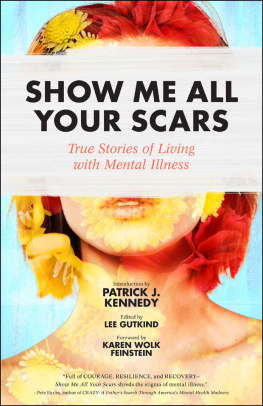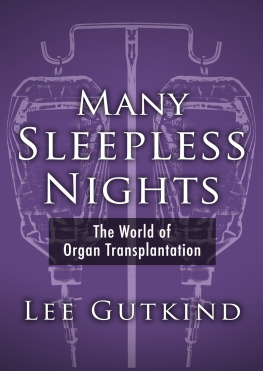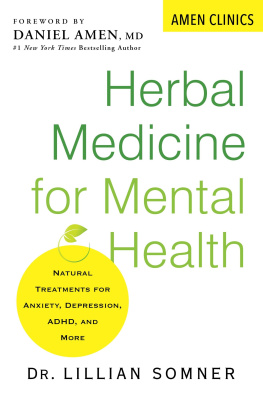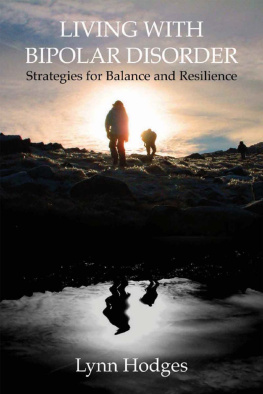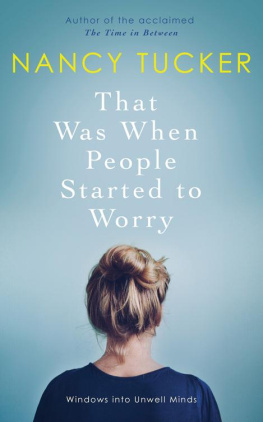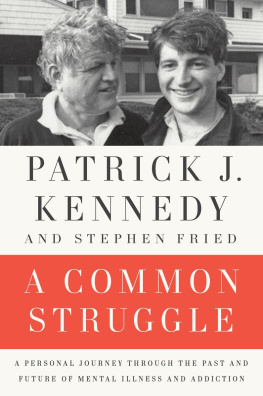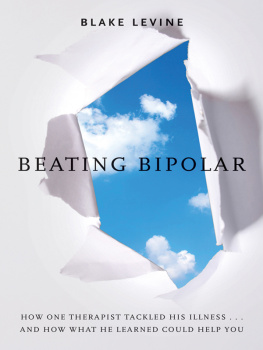Early Praise
Show Me All Your Scars shreds the curtain of stigma and indifference that causes us to see the mentally ill as them and those people. In these deeply personal essays, we see us and understand there should be no shame in having a mental illness, only shame in our refusal to offer a hand and listen to those whose scars are badges of courage, resilience and recovery.
Pete Earley author of CRAZY: A Fathers Search Through Americas Mental Health Madness
Will shatter your stereotypes of mental illness and its treatment. At once gripping, chilling, compelling, and inspiring.
Stephen P. Hinshaw, Ph.D., author of The Mark of Shame: Stigma of Mental Illness and an Agenda for Change
When you live with mental illness, you learn to swallow your voice, and keep your stories to yourself. This collection stands as protest against that silence. These writers gather to tell a complex and difficult tale of powerful struggle, triumphant survival, and wisdom hard-won. Writing from multiple points of viewsurvivor, family member, professional, friendthe authors navigate their subject matter with nuance, insight, and skill. This collection asks us to bring our full attention to the realities of mental illness, and challenges us to create a culture that fosters true mental health.
Marya Hornbacher, author of Madness: A BiPolar Life
Heartbreaking and soaring. This sensitive and carefully cultivated anthology stands as a testament to the private battle millions of families are waging.
Sheila Hamilton, author of All the Things We Never Knew: Chasing the Chaos of Mental Illness
An intensely human exploration of the lived experience of mental illness. Harrowing, illuminating, and often surprising.
Danielle Ofri, MD, PhD, author of What Doctors Feel: How Emotions Affect the Practice of Medicine
Courageous and redemptive, Show Me All Your Scars displays the most poignant and stabilizing force in psychiatry and life in general: hope.
David Fitzpatrick, author of Sharp: My Story of Madness, Cutting, and How I Reclaimed My Life
Beautifully written.... A remarkable gathering of human beings who have dared to tell their stories.
Robert Whitaker, author of Anatomy of an Epidemic: Magic Bullets, Psychiatric Drugs, and the Astonishing Rise of Mental Illness in America


Copyright 2016 Creative Nonfiction Foundation.
All rights reserved.
Beth Wiles, Sequelae: The Inner War originally appeared in Creative Nonfiction, Issue 43, Fall/Winter 2011.
Requests for permission to reproduce material from this work should be sent to:
Rights and Permissions
In Fact Books
c/o Creative Nonfiction Foundation
5119 Coral Street
Pittsburgh, PA 15224
Cover design by Michael Artman
Text design by Zuleikha Erbeldinger-Bjork
ISBN 978-1-93716-326-6
Contents
Karen Wolk Feinstein
I should warn you that this collection is not a quick or easy read. I could only make it through two or three stories a day. These stories are so intimate, so intense, that I found myself lingering over each writers fascinating encounter with madness.
With each essay, I met a new acquaintance who quickly felt like a good friend. So compelling and revealing were the narratives that I felt I wasnt just reading the contributors words on paper; I was sitting in a coffee shop or bar with them as they told me their stories. How many times a day can one do this?
Not that this volume isnt what I had hoped for when I called on Lee Gutkind, the editor of this collection and a frequent collaborator, to activate a network of writers to dispel the common linkage of severe mental illness with persistent mental illness. I wanted to read stories of recovery and successful coping; I wanted confirmationin the form of powerful, first-person narrativesthat bouts of psychotic behavior are not life sentences.
After receiving the manuscript for this book, every night I lay in bed and reviewed what Id read that day. There is so much insight and wisdom in this volume. Even the titles of many of the stories stuck in my head for days: Make It a Daisy. Thief of Souls. Another Trail of Breadcrumbs.
Over the course of the couple weeks it took me to read the essays, I began to understand how those suffering from severe mental illness create and use their stories to explain, minimize, or cope with their pain. Perhaps Jennifer Metsker describes it best when she says that she is both endlessly sympathetic and impressed, thinking of all the creative energy that goes into the stories of those who are subject to madness.
Indeed, such stories represent the war going on in the mind as the self desperately tries to make sense of whats happening. Metsker reminds the reader of Dr. Michael Musaleks suggestion that psychotic symptoms reflect the core existential dilemmas experienced by ordinary people, and concludes that although the world is distorted for those with psychosis, they still want to take part in the story... They are not just trapped inside a story created by their illness; they are trying to save their own lives. And probably correctly, Susie Meserve observes, We are all at least a little bit crazy.
Certainly, we are all living inside narratives about ourselves, of which we are the main author. Perhaps we are the good sisteralways achieving, always pleasing, studying our Latin while our sisters play. Or the mischievous, rebellious baby of the family, who can push the limits because she is adored and entitled, or because competition with the perfect big sister isnt an option. Often, unless these narratives stop working for us, they carry into adulthood. If we are fortunate, our stories not only reflect reality but also help us develop a useful sense of self. If so, they tilt toward sanity.
I have been stunned by the intelligence that these writers bring in their attempt to understand and control their mental illness without being didactic. Alison Townsend gave me an understanding of the neurochemistry that trumps reason, and what happens when parts of the brain are in conflict. Several of these stories awakened me to the intergenerational nature of suicidal behavior and to how, within a family, self-destruction can seem to be an acceptable method of escaping from psychic pain. Annita Sawyer, Andy Smart, and Optimism One give hope that the cycle can be broken; Ella Wilson, Madeline Strong Diehl, and Yvette Frock Gottshall escape self-destruction, seeking and accepting help in order to protect their children.
And how could I race through the beautiful narratives of family memberstheir near poetic descriptions of the emotional roller coaster they experience; the curse of beloved relatives who cant love back; the absurd moments of humor that provide relief. As Joyce OConnor realizes of her autistic son, I could lose my own sanity trying to make Henry into who I wanted him to be, or I could take a look at my own needs and accept him for who he was. Or Peg Quinn, who describes her gratitude for the intense experience of trying to stay balanced, though shaking, on the tightrope of life. in the wake of her college-aged daughters psychotic break.
I grew up with my own family narrativeas, I suppose, we all do, though some more than others. My mothers mother was diagnosed as bipolar schizophrenic. At eleven, my mom watched as the police forcibly took her mother to Bellevue in a straightjacket. My grandmother was angry and violent, and my mother was frequently forced to visit her in the mental hospital at the height of her madness, with traumatic results, until my grandfather moved the children to Iowa. Many years and a lobotomy later, my grandmother was returned to society. I met her only a few times, and not until I was a teenager. Although she seemed sedate and surprisingly alert, her presence terrified my mother, and Mom protected her own family instinctively.
Next page
